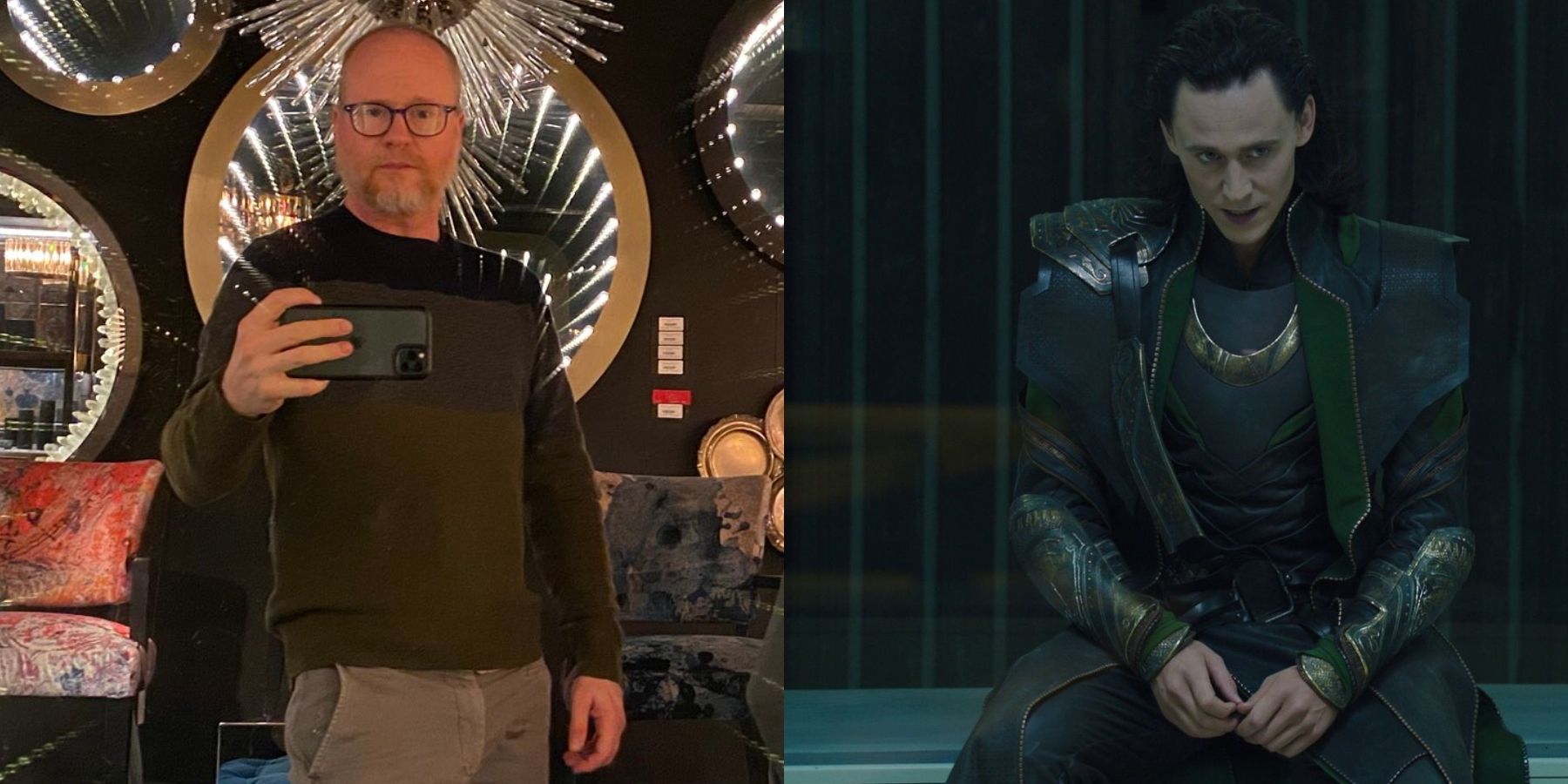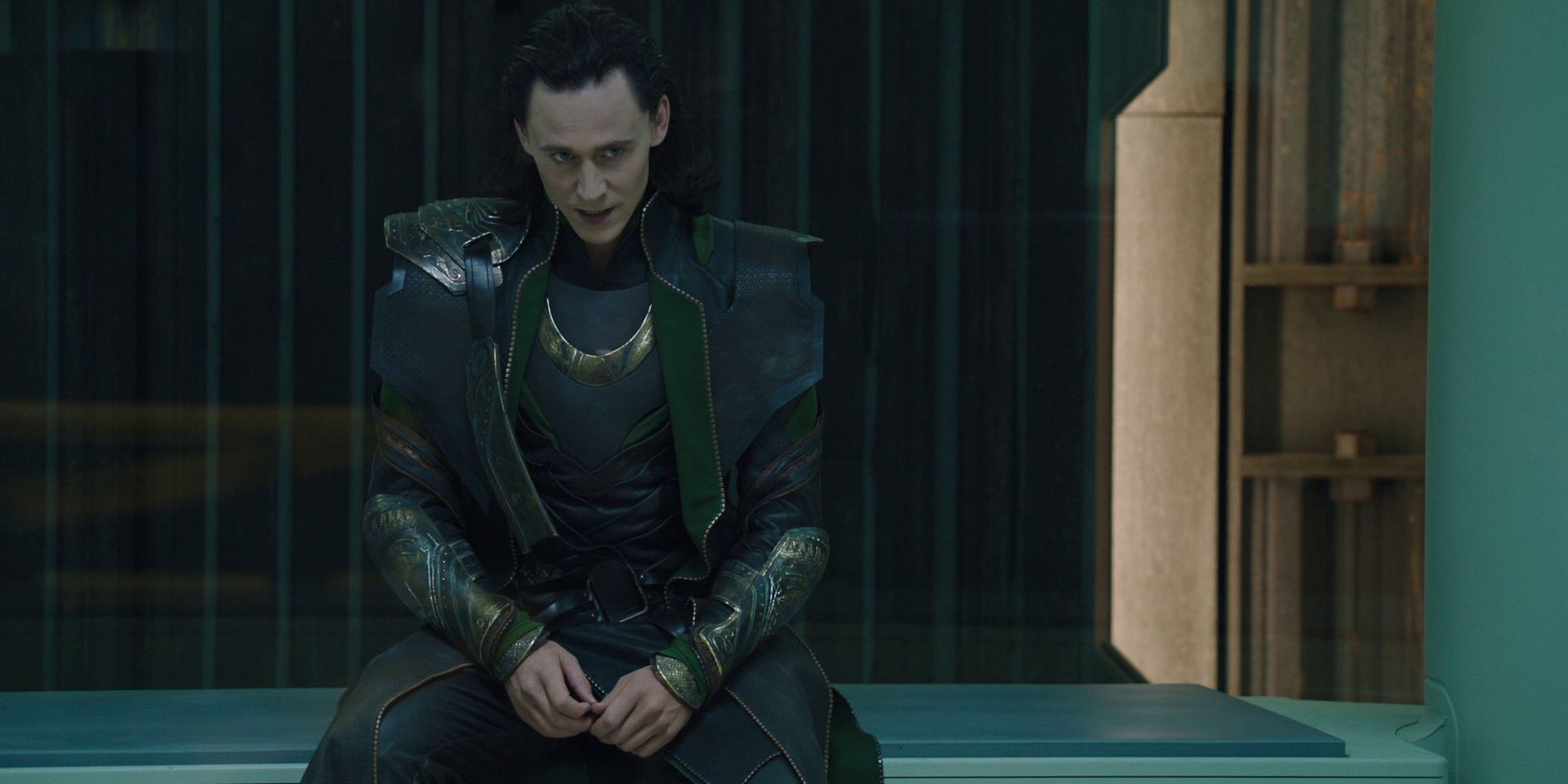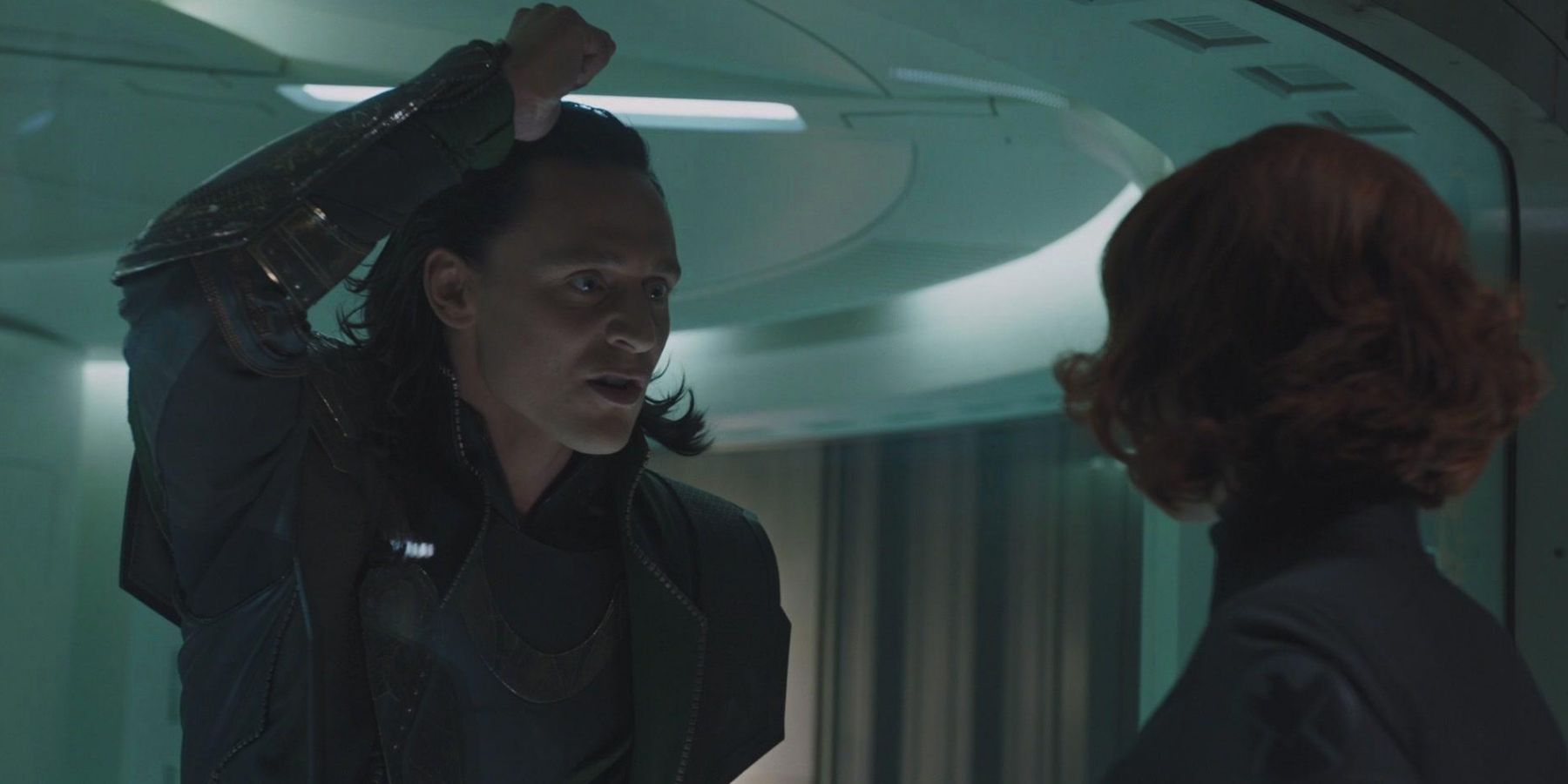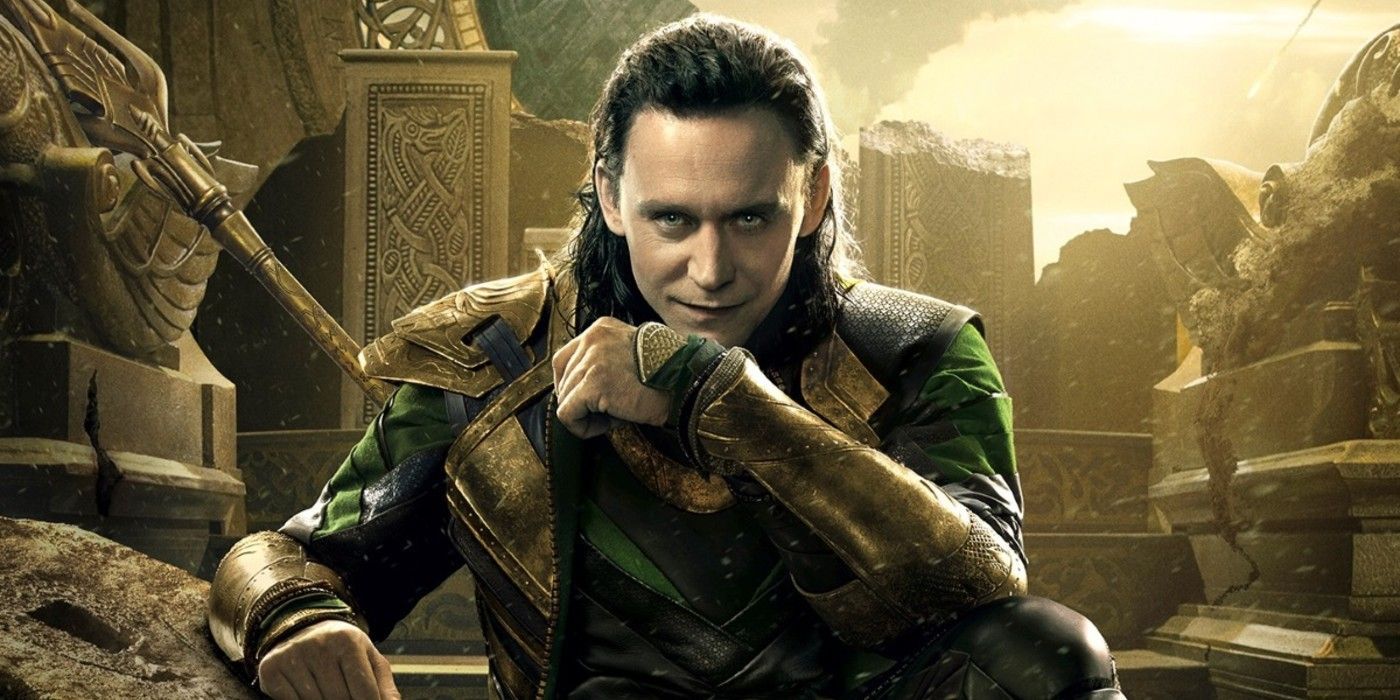With the Loki TV series concluding its first season on Disney Plus, the Marvel Cinematic Universe’s most infamous trickster has once again become a prominent figure in pop culture. While Loki has always been one of the most beloved MCU villains since his debut, the last time he received such a massive spike in popularity was nearly a decade ago now, with the release of The Avengers.
The first Avengers film, written and directed by Joss Whedon, was released all the way back in 2012. Back then, just seeing six previously established heroes team up on the big screen against a common foe was a monumental event. But nine years later, the MCU has come a long way — as has the characterization of Loki himself.
While The Avengers is the film that made Loki a household name, it’s easy to forget that his portrayal in said film is a far cry from the lovable, anti-heroic god of mischief we see in Loki’s solo series. In fact, Avengers Loki is hardly very mischievous at all, something that Owen Wilson’s character Mobius directly points out in Loki Episode 1. Instead of the charming, roguish schemer Loki would become in the later Thor films, Joss Whedon depicts Loki as a vicious megalomaniac, who only cares about power and conquest.
It’s easy to look at Loki’s actions in The Avengers and think that they were simply a result of Loki’s worsening emotional state following the first Thor. After all, he went through a bad enough time in his debut film, only to be captured and forcibly inducted into Thanos’ army. It’s not hard to believe that Loki wouldn’t be in his right mind during the invasion of Earth. Besides, if Loki never fully embraced his villainous side, there wouldn’t be much need for him to get a proper redemption arc in later films. However, this explanation isn’t fully satisfying. By comparing and contrasting Loki’s characterization between Thor and The Avengers, it becomes apparent that Kenneth Branagh and Joss Whedon were portraying two very different interpretations of the same character.
While Loki is very much the main villain of Thor — he attempts to kill his own father and take over Asgard, it’s hard to label him as simply misguided — it’s very clear that he’s meant to be a sympathetic figure. Loki’s descent into evil plays out in real-time, and the audience sees him develop from a self-centered mischief-maker with an inferiority complex to a vengeful destroyer of worlds. But despite his resentment towards Thor and Odin, Loki is fully aware of the fact that power for power’s sake isn’t his goal. Loki says it himself in his final confrontation with Thor: “I never wanted the throne. I only ever wanted to be your equal.”
Loki’s first appearance in the MCU paints him as a tragic villain, whose crimes are motivated not by cruelty, but by a desperate need to be recognized by his family — a desire that becomes all-consuming, filling him with resentment and self-loathing, until he’s willing to destroy an entire world just to prove himself to his father. Loki is initially portrayed as a nuanced, human antagonist, and Tom Hiddleston’s intense, emotional performance reflects this. But in The Avengers, he might as well be playing a different character altogether.
Joss Whedon’s Loki lacks the tragic, sympathetic nature of Branagh’s Loki — he comes off not as a tortured soul driven to monstrous deeds by his need for acceptance, but a vicious, sadistic conqueror. Loki’s goal in The Avengers is not to take the throne of Asgard or to prove himself to Odin, but to take over Earth. Loki never explains exactly why he’s so fixated on ruling Earth now — it could be inferred that he wants to conquer Thor’s new home as revenge against his brother, but his own words contradict this. In one of Loki’s most memorable scenes from the film, he forces a crowd of German civilians to kneel before him, then goes on a rant about how free will is meaningless and humans are meant to be ruled. Captain America even compares Loki to Adolf Hitler in a throwaway line.
Wanting to eliminate free will is hardly in line with Loki’s characterization in the rest of the MCU or in the comics. Loki is typically portrayed as a trickster and a schemer, who uses manipulation and underhanded tactics to sow chaos among his enemies, then take advantage of the situation to grab power for himself. That’s how Loki operates in the Thor films and in the Loki TV series, but not so much in The Avengers. Whedon’s Loki is a would-be tyrant who takes what he wants by force rather than by deception. He influences others not with his silver tongue, but with the Mind Stone. Brainwashing and world domination aren’t exactly Loki’s usual style — his characterization in The Avengers is more akin to other villains like Doctor Doom or Ultron than how he’s depicted in his other MCU appearances.
One could justify Loki’s incongruent characterization by stating that he was simply playing the part of a control-obsessed despot to fit in with Thanos’ army, or that the Mind Stone was amplifying his hatred for mortals. But in truth, Loki was written the way he was in The Avengers because that’s how Joss Whedon wanted to write him, no matter how different it was from Loki’s past and future MCU depictions. Whedon’s work on The Avengers helped catapult the MCU from a moderate success to a global phenomenon, and there was a time when the film could have been considered the peak of the MCU. But there’s been plenty of other MCU entries since then — including many that most fans would agree are more epic, more well-written, or funnier than the first Avengers film.
Whedon laid the groundwork for what Phases 2, 3, and 4 of the Marvel Cinematic Universe would become, but his work hasn’t aged as gracefully as other early MCU films — due in no small part to the many recent reports of abusive on-set behavior throughout his career. It’s important to recognize what Whedon has done to help shape the MCU, but it’s just as important to recognize the flaws in his work — flaws that future MCU entries would improve on.
The Avengers may have made Loki one of Marvel’s most popular villains, but it was his following appearances that truly defined what a nuanced and compelling character he is. And when one compares Loki’s characterization between The Avengers and his Disney Plus series, it’s easy to see why Whedon’s take on the character feels a bit out of place.




